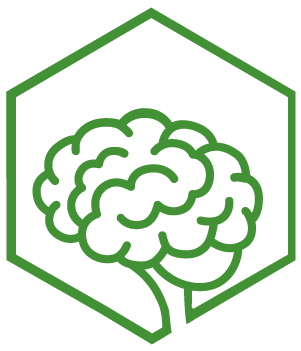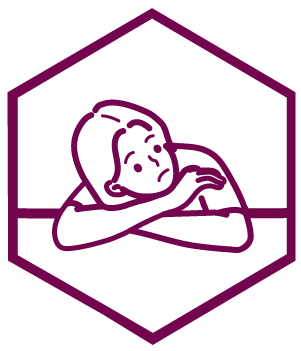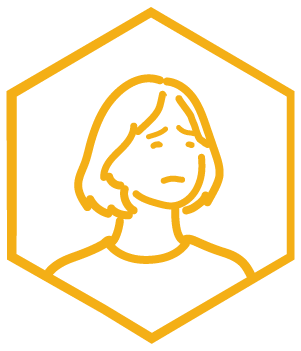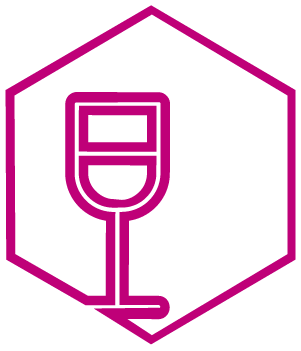The impact a good night’s sleep can have on our physical and mental health is widely recognised.
We all have bust times at work which can lead to us not getting enough sleep – this can have a huge impact on our performance.
Sleep deprivation can result in cognitive impairment, particularly if you are undertaking tasks that require vigilance, decision-making, and the use of short and long-term memory.










